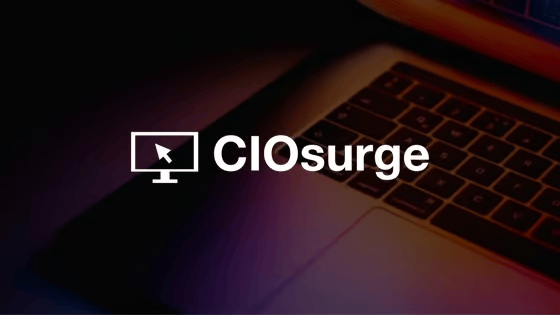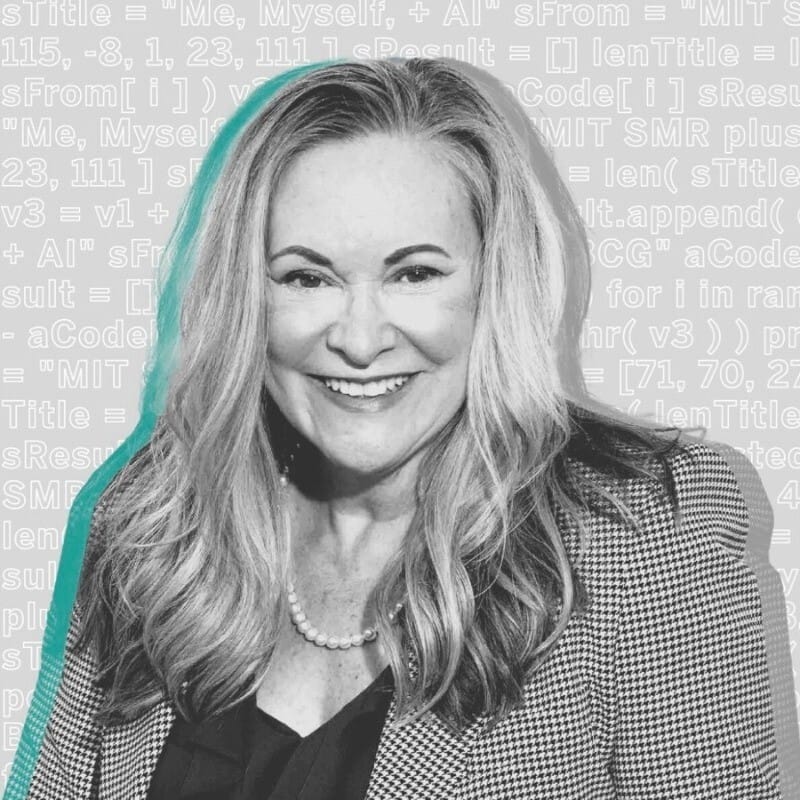- CIOsurge
- Posts
- 💾 37signals completes AWS exit, slashing infra costs by over $2M
💾 37signals completes AWS exit, slashing infra costs by over $2M
37signals Cuts Costs by Leaving AWS, CEOs Double Down on AI, New CIOs at Unum and Project


Powered by Single Fin
Welcome to this week’s edition of CIOsurge!
This week:
37signals reduces annual infrastructure spend by over $2M after fully exiting AWS, highlighting the economic case for cloud repatriation.
Despite internal challenges, 61% of CEOs plan to more than double AI investment, intensifying pressure on CIOs to bridge talent gaps.
Unum Group and Project appoint new CIOs to spearhead strategic digital transformations and AI-driven innovation.
Let’s make this week a game-changer.
Stay sharp. Stay ahead.
💾 37signals completes AWS exit, slashing infra costs by over $2M
37signals, maker of Basecamp and HEY, is finalizing its full departure from AWS, expecting to save $1.3M annually by moving S3 data to on-prem Pure Storage. The company’s total infrastructure bill will drop from $3.2M to under $1M annually—all without hiring extra staff. CTO David Heinemeier Hansson calls the cloud-first mindset an industry illusion.
This should be a wake-up call. Not every workload belongs in the cloud, and stories like this prove that repatriation can be more than a vanity project—it can be a strategic lever for cost control. 37signals didn’t just trim—they reengineered their infrastructure for long-term savings and control.
For CIOs under pressure to justify cloud ROI, this is a reminder to revisit assumptions. If you’re running predictable workloads with stable demand, on-prem is no longer taboo—it’s just smart economics. The key is knowing your environment well enough to draw the line between flexibility and fiscal discipline.
- Zack Tembi
🚀 CEOs press ahead with AI investment despite internal friction
IBM’s latest CEO survey shows 61% of global leaders are actively scaling AI, with plans to more than double AI investment over the next two years. Despite challenges like organizational silos, lack of expertise, and internal pushback, 54% are hiring for AI-related roles that didn’t exist a year ago, and 65% are turning to automation to bridge skills gaps.
We’ve all felt the internal tension—rapid AI adoption introduces growing pains, especially when tech outpaces team readiness. But CEOs aren’t slowing down. The push is on for CIOs to bridge gaps fast: hiring new talent, retraining existing staff, and aligning cross-functional teams around a coherent AI strategy.
This is where CIOs step up not just as tech leaders, but as translators—making sure AI investments translate to measurable business value while easing friction between silos. If we can’t unify execution across org lines, no amount of AI spend will get us to scalable success.
- Zack Tembi
💬 Zack's Take

🔍 Anticipating cost impacts from Infrastructure Tariffs
One overlooked financial pressure right now is the anticipated impact of infrastructure tariffs on cloud and SaaS costs. As tariffs increase the raw prices of essential hardware components like chips and servers, cloud and SaaS vendors will inevitably pass those costs onto their customers—sometimes with increases of up to 20% or more.
Many CIOs aren’t currently factoring these tariff-driven cost hikes into budget forecasts, which is risky. If you rely heavily on cloud infrastructure, now is the time to get ahead—model scenarios that reflect potential cost increases and negotiate proactively with your vendors.
Awareness and planning can mitigate the disruption caused by these rising costs. By forecasting carefully, CIOs can ensure infrastructure budgets remain predictable and manageable despite external economic pressures. Now’s the time to look ahead and budget smartly, rather than reacting after the bill comes due.
🗞️ At A Glance

💡 CIO Spotlights
Unum Group taps Aflac CIO Shelia Anderson to lead digital transformation
Unum Group appointed former Aflac CIO Shelia Anderson as EVP and chief information and digital officer, reporting to CEO Rick McKenney.
Anderson previously spearheaded Aflac’s AI-driven claims platform, laying groundwork for advanced digital initiatives.
CEO McKenney highlighted Anderson’s expertise and strategic vision as critical to accelerating Unum's customer-centric digital strategy.
Project names Marc Cracco CIO to drive agency-wide AI strategy
Marc Cracco, previously Chief Technology at agency Wondersauce, becomes Project's new CIO, continuing his current role alongside broader tech leadership duties.
Cracco, a U.S. Navy veteran, brings extensive tech leadership and a proven record in team-building and brand storytelling.
In his expanded role, Cracco will lead Project’s AI implementation strategy, guiding tech initiatives across its 14-agency network.





Reply